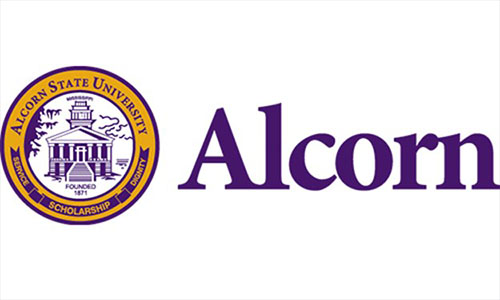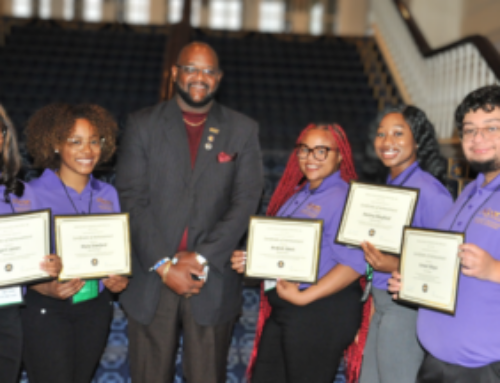Alcorn State sees enrollment gains in key areas
Alcorn State University has seen its largest class of new students since 2019.
The University has enrolled 707 new students. This year’s class of new students includes 500 first-year students and 207 transfer students. Alcorn saw an increase of nearly 100 new first-year students.
Overall unduplicated enrollment has declined slightly from 3,074 to 2,933, which accounts for a decrease of 141 students.
Alcorn’s student decline is in line with national trends of enrollment declines at 4-year public higher education institutions.
According to CNBC, the number of undergraduates enrolled in college nationwide is now down 9.4% compared to two years ago — a loss of nearly 1.4 million students.
The impact of the COVID-19 pandemic is still evident today as students have greater job opportunities without degrees because of the strained job market and short-term certificate programs are available, which allow a quicker transition to the workforce and a decreased financial burden.
“We remain optimistic because of key increases we’ve experienced this year,” said Dr. Felecia M. Nave, president of Alcorn State University. “The freshman retention is the highest it has been in over two decades. We continue to grow in new students year over year. As our team continues to elevate the institution’s profile as a leader among higher education institutions and an educational best buy, we have seen increased interest. We have students from across the United States and the world, including India, Australia, and the Netherlands.”
Alcorn’s retention rate has improved to 81%, meaning more students are satisfied with the nurturing campus environment and return to complete their degrees. Last year’s retention rate was 75%.
The University’s student population comes from 37 states and 20 countries. Alcorn’s student body comprises a first generation student population of 34%.
The student to faculty ratio is 15:1, which allows for smaller class sizes and a more intimate setting for students to gain the knowledge needed to be successful.
“Alcorn State University has focused on developing the leadership skills of its students in a supportive and well-rounded learning environment while providing an excellent education at an affordable price,” said Nave.
Alcorn remains a leader in STEM, with over 50% of its students majoring in this high-demand field.
The University has increased its investment in enrollment management through technology, marketing, and support staff. Recently, the University launched Student Bridge, a virtual recruitment platform to assist prospective students with a personalized interactive experience through a viewbook, virtual tour, and virtual map. Slate has been acquired to offer enhanced communication with prospective students and transition the Office of Admissions and Recruitment to a fully online application process that provides faster processing times through automation. The increase in our freshman class size is partly attributed to the acquisition of Slate.
“The Office of Admissions and Recruitment is working very diligently to stay in consistent communication with students during the Admissions process,” said Courtney Smith, director of admissions and recruitment. “This year’s approach is to keep the students focused on Alcorn State and follow up with students to commit early.”
Additionally, Alcorn has bolstered its dual enrollment program to provide courses to high school students as well as forming partnerships with local community colleges such as Co-Lin. A coordinator of academic initiatives and K-12 partnerships has been added to the staff to support this role and focus on high schools in Alcorn’s partnerships within the 13-county service area. Alcorn has garnered five K-12 partnerships with an enrollment of 89 students in the dual enrollment program.
Measures have been put in place to provide more scholarships to students by collaborating with corporations such as Cargill, Strada, Takeda, and many more. These measures help to reduce the financial burden on students and their families as the institution works to give access to students who may otherwise not receive a college education.




